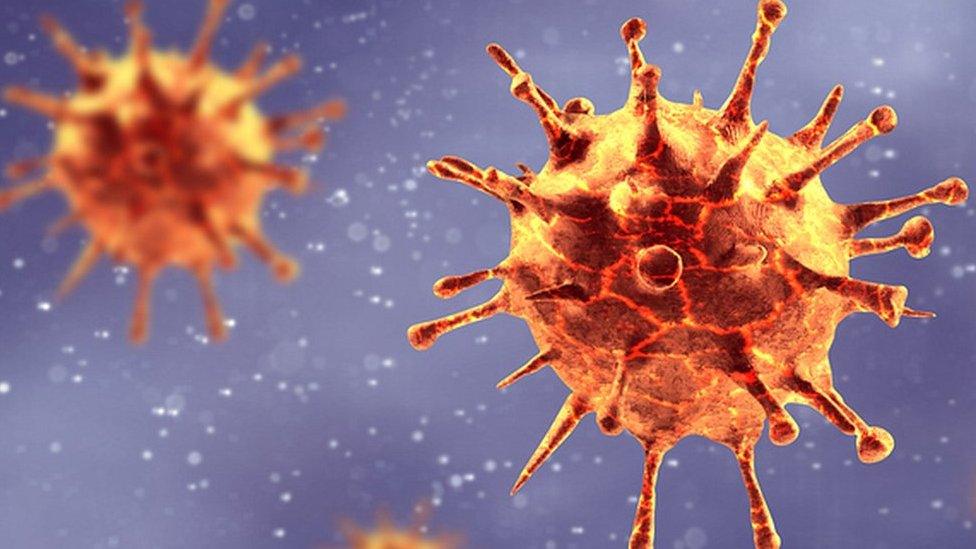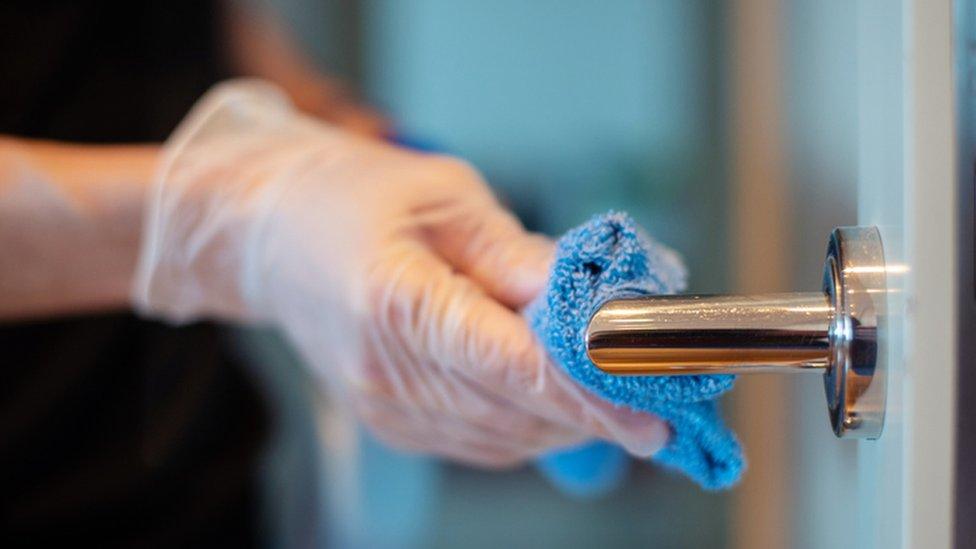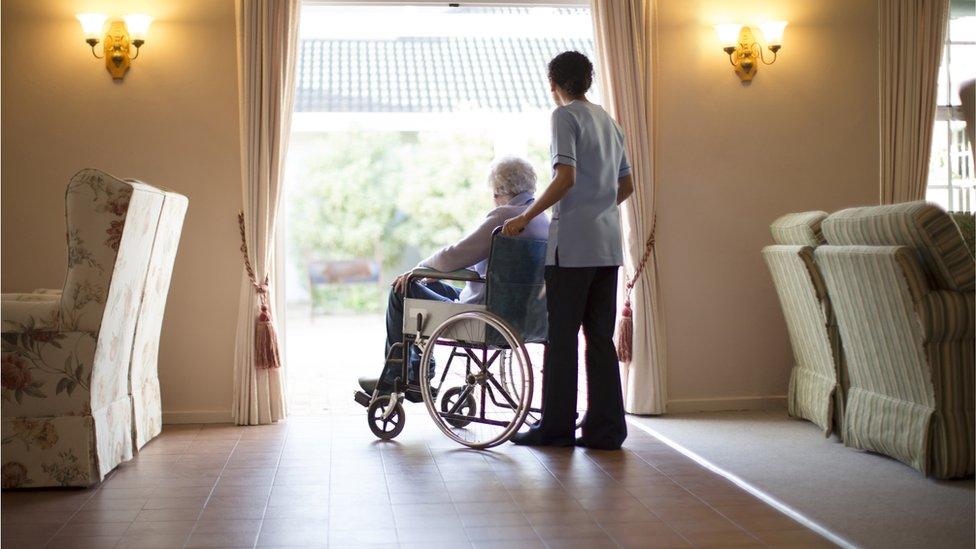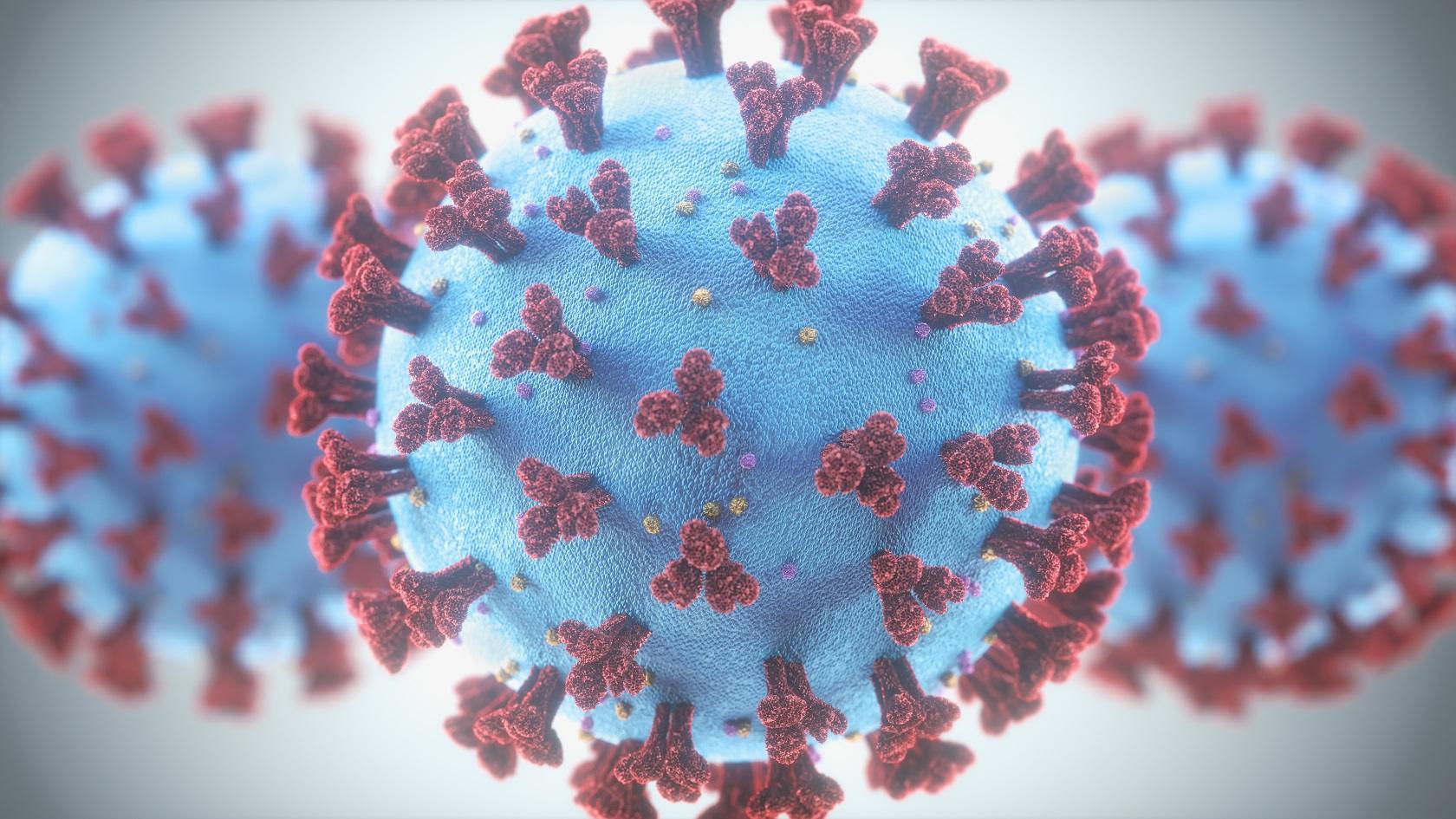Covid in Scotland: 'Stay at home' plea amid Wigtownshire outbreak
- Published

People in parts of Dumfries and Galloway are being urged to stay at home as much as possible after a Covid outbreak more than doubled in two days.
The new B.1.1.7 variant has been identified as being part of the outbreak in Wigtownshire, which grew from 64 cases on Boxing Day to 142.
It has also been identified in lower Annandale.
Health officials have asked people in these regions to "go beyond" the level four restrictions where possible.
They have asked people to stay at home as much as possible to limit the spread locally and to other parts of the region.
And they have warned that it could have an impact on wider local health services.
Of the 154 tests carried out in Stranraer on Sunday, 55 were positive - the biggest increase in Covid cases seen in one area of Dumfries and Galloway since the start of the pandemic.
Health officials said they expected to see more cases appearing and extra testing was being put in place in Stranraer from 29 December to 4 January.
They are also concerned about a "growing number" of cases in lower Annandale, where the new variant has also been identified.
'Entire community' impact
Interim Director of Public Health Valerie White said: "This is a rapidly evolving situation where we expect to see more cases appearing. At the current rate of spread, there is a very serious concern about how this will impact on services.
"In the days to come, a percentage of people among these newly diagnosed Covid cases will grow ill and the number of people needing hospitalisation is likely to increase - potentially impacting on our ability to provide help to those people who need it for any number of other non-Covid reasons - whether that's heart attacks, strokes, car accidents, etc.
"It's therefore vital that everyone follows the level four directions and the FACTS guidance about use of face coverings, hand hygiene and physical distancing and social interaction."
She added: "Covid does not just impact on those who develop the coronavirus, or who experience the worst of its symptoms - at this rate of increase, the effect of its rapid spread could be felt by anyone across the entire community."
She urged people to "be conscious of the threat posed at new year, and consider the potential consequences both personally and community-wide".
The B.1.1.7 variant of Covid-19 is up to 70% more transmissible and is viewed as being responsible for significant volumes of cases in south east England.
The variant has 17 mutations, where the virus has changed, with some of these changes making it more infectious in lower doses.
Along with the rest of mainland Scotland, Dumfries and Galloway has been moved to level four restrictions to try and curb the spread of infection.
It means non-essential shops, pubs and restaurants are closed - except for takeaways and click-and-collect - and there are restrictions on people travelling outside their local authority boundaries.


- Published26 December 2020

- Published24 December 2020

- Published22 December 2020

- Published15 December 2020
